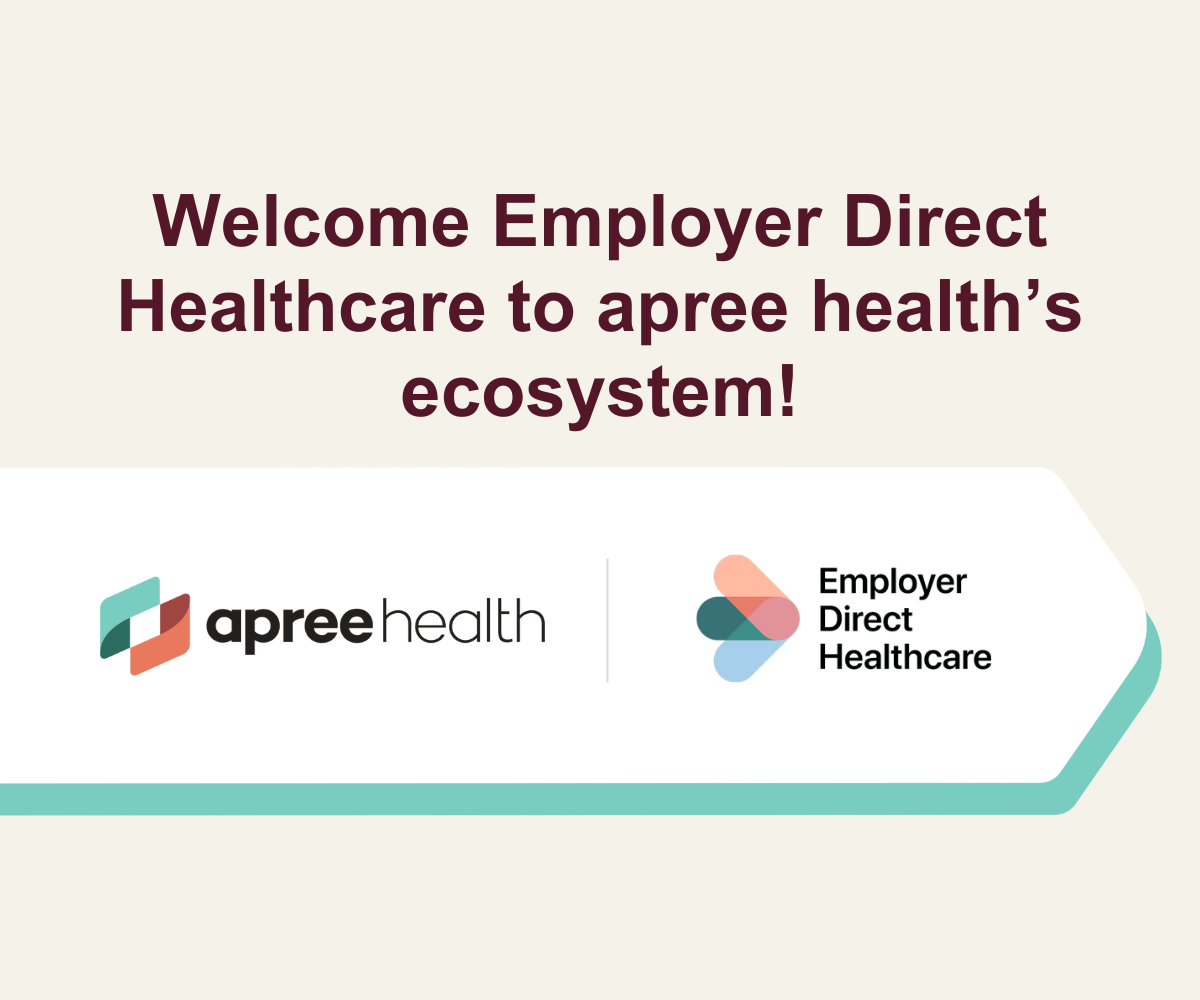The current and future workforce is primarily composed of Millennials and Gen Z, who together make up more than half of the total workforce and will continue to grow rapidly as Baby Boomers retire. In fact, since the 2020 US Census, about 10,000 Baby Boomers reach retirement age every day and all will be over 65 by 2030. As the workforce demographic shifts, employers must understand the unique needs, values, and expectations of these younger generations.
In a competitive job market, employee benefits, particularly healthcare, are crucial in attracting and retaining top talent. Since most of the current talent poll is Millennials and Gen Z it is crucial to meet their particular needs — failing to do so could impact employee satisfaction, engagement, and retention. A recent Gallup report found that 60% of millennials say they are open to a different job opportunity — 15 percentage points higher than that of non-millennial workers.
Understanding the Expectations of Millennials and Gen Z
Millennials and Gen Z, who have grown up in a rapidly evolving world that is very different from the one Baby Boomers and Generation X experienced. Millennials came of age during the rise of the internet and the rapid evolution of social media. Gen Z has grown up with constant access to smartphones, social media, and instant information. They know no world without the internet. Because of this both generations value ease, convenience, and personalization.
Both generations share a desire for authenticity, purpose, and flexibility in the workplace. They expect employers to not only provide competitive salaries but also to create an environment that supports both mental and emotional well-being. This includes a focus on workplace flexibility, transparency, and benefits that align with their holistic view of health. Given how confusing terms like deductibles, premiums, and co-insurance can be, it is no surprise that they are frustrated. They want transparency upfront to easily educate themselves about their health options before making decisions. These generations are looking for healthcare options that are not a one-size-fits-all model. They want convenient, personalized, and comprehensive services.
The Limitations of Traditional Healthcare Benefits
The traditional healthcare model — often associated with complex benefits, long appointment wait times, and fragmented care — doesn’t seem to meet the needs of Millennials and Gen Z. These generations are looking for new models of care that provide greater flexibility, more convenience, and a more holistic approach to health and wellness. The US healthcare system is extremely complex, making it difficult for members to truly understand their benefits, and to know how to get the best care at the best price. The younger generation expects to have the tools to educate themselves quickly, and when that information is hard to find or unclear, they become frustrated.
Lack of Personalized Care
One of the biggest gaps in the traditional healthcare system is the lack of focus on holistic care. Millennials and Gen Z want an integrated approach to health — preventive care, mental health support, and overall wellness as a holistic rather than a separate issue.
Both generations were raised in an era where personalization is key. From Netflix shows to DoorDash restaurants recommendations, they are accustomed to services tailored to their individual preferences. However, traditional healthcare often feels one-size-fits-all, leaving Millennials and Gen Z feeling disengaged and dissatisfied.
Inconvenience of Traditional Care Models
Millennials and Gen Z expect the right care at the right time. Scheduling appointments, waiting for weeks to see a specialist, and only receiving care during business hours doesn’t work for them. Convenience has become non-negotiable. They interact with nearly every aspect of their lives through digital platforms — and healthcare should be no exception. They want the ability to book appointments online, access their health records via apps, and even consult with providers virtually.
The Rising Cost of Healthcare and Lack of Transparency
The cost of healthcare is another issue that concerns these two groups of people. Millennials and Gen Z want more plan guidance from their benefits departments and coverage transparency from their insurance plans. Over half of these individuals have reported leaning on advice from their parents when picking health insurance plans during open enrollment.
Despite their health consciousness, these generations are delaying some important preventive care activities because of costs. Aflac’s 2024 Wellness Matters Survey revealed that over 80% of Millennials and Gen Z have delayed a routine health check or screening beyond the recommended time. Even more concerning, many Millennials reported skipping essential health screenings including pap smears, bloodwork, and cancer screenings.
So, the rising cost is a huge barrier to seeking regular care. For many, the financial burden of health care makes it more difficult to prioritize long-term health, if they feel fine at that moment. This has all led to an over reliance on urgent care and emergency room visits. The same Aflac study found that 70% of Gen Z and 66% of Millennials used urgent care or ERs for their needs. Choosing to bypass the traditional primary care system altogether.
How HR Leaders Can Adapt
As Millennials and Gen Z take over the workforce, HR leaders face an urgent need to rethink healthcare benefits. These generations demand more than just traditional health plans. They want convenience, personalization, and holistic care that fits into their fast-paced, digital-first lives. They also expect transparency in every step of the healthcare process. To stay competitive and attract top talent, employers must offer healthcare solutions that are flexible, accessible, and integrated. That’s why benefits leaders partner with apree health to offer members a new healthcare model by combining technology and navigation, empowering members to make more informed healthcare decisions.
apree’s digital experience simplifies access to healthcare by offering personalized health recommendations, navigation support, and health plan details all in one simple app. This transparency gives members the power to easily access the information they need upfront, eliminating confusion and unnecessary stress. The digital app also uses a data-driven personalization engine to provide members with in-app content to help meet their goals. The app becomes members’ digital front-door to all their benefits, including over 30 digital health partners. Putting all your point-solution partners in one place has shown an increase in member engagement. Digital health point solutions can be a good tool for members when in-person doctor visits aren’t necessary, lowering out of pocket costs for members.
To ensure members get the most out of their benefits, Care Guides can assist with any questions or challenges. They are available to assist with scheduling appointments, explaining insurance claims, or finding community resources to address SDoH needs. They work to discover the member’s priorities and help them achieve their goals. This involves aspects of case management, disease management, and care coordination all while building a trusting relationship. Even though Millennials and Gen Z spend hours a day on their phones, they often don’t want to make calls. For member convenience, Care Guide support is also offered via asynchronous chat.
Comprehensive healthcare support ensures that members have the right care at the right time, all while streamlining their healthcare experience.
Learn more about how health navigation and advocacy can make a significant difference for your employees – Download the buyer’s guide to keep exploring.





